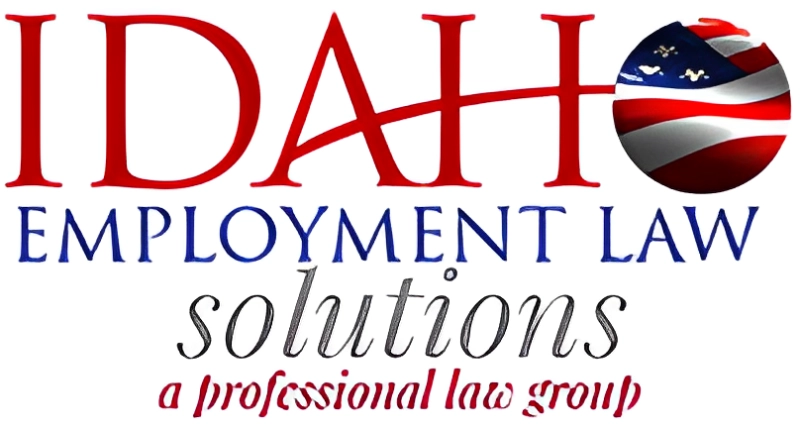False Claims Act
THE FALSE CLAIMS ACT
30+ Years Experience
Honest & Transparent
Integrity Above All

Imagine the following scenario
THE ELEMENTS OF A PRIMA FACIE FCA CASE
- False Claim—Plaintiff must prove the existence of a false claim;
- Presented or Caused to be presented to the United States—Plaintiff must establish that the false claim or statement in support of the claim was submitted to the government for payment or approval; and
- With the knowledge that the claim or statement in support of the claim is false—Plaintiff must establish that the defendant knew its claim or statement in support of the claim was false.
- Damages—The plaintiff need not be personally harmed to maintain an FCA action. Although many courts recognize that proof of damages to the Government is technically not an element of a prima facie case, if the United States has suffered damages, a plaintiff should plead and prove such damages
HISTORY OF FALSE CLAIMS ACT
The False Claims Act (FCA), 31 U.S.C. §§ 3729-3733, has its origins in the nineteenth century American Civil War. The FCA was enacted to take legal action against vendors and companies who fraudulently sold supplies to the Union Army. Litigation under the FCA is often called a qui tam claim which is a carry-over from British law that allows private citizens to bring claims on behalf of the United States and receive commensurate damages for their effort. Qui tam is the abbreviation for the Latin phrase qui tam pro domino rege quam pro se ipso in hac parte sequitur, meaning “[he] who sues in this matter for the king as well as for himself.” The FCA remained unchanged from its passage in 1863 through 1943 when it was amended. It was again amended in 2010.
SUCCESSFUL PLAINTIFF COMPENSATION.
If the Government prosecutes a case initiated by a qui tam plaintiff and obtains an award or settlement, the qui tam plaintiff will receive between 15 and 25 percent of the recovery, depending on his or her contribution to the case. If the case is based primarily on information other than the disclosures of the qui tam plaintiff, the award cannot be more than 10 percent of the recovery.
If the Government decides not to intervene and the qui tam plaintiff successfully litigates the action, he or she will receive between 25 and 30 percent of the award or settlement. In either case, the court will award the qui tam plaintiff reasonable expenses and attorney’s fees and costs
PROTECTION FOR RELATOR WHO BRINGS A FCA CLAIM
Per 31 U.S.C. § 3730h, an employee who has been discharged, demoted, suspended, threatened, harassed, or in any way discriminated against by his or her employer because of involvement in a false claims disclosure is entitled to all relief necessary to make the employee whole, including:
- Reinstatement with the same seniority status that the employee would have had but for the discrimination;
- Two times the amount of back pay plus interest; and
- Compensation for any special damage sustained because of the discrimination (including litigation costs and reasonable attorney’s fees).
CONTACT IDAHO EMPLOYMENT LAW SOLUTIONS
Idaho Employment Law Solutions is an African-American and Veteran-owned law firm providing quality and efficient legal counsel to businesses, organizations, employers/ employees, as well as individual multi-cultural clients located throughout Idaho.
Idaho Employment Law Solutions has the experience necessary to guide you through the maze of pursuing a FCA claim. Contact Idaho Employment Law Solutions by phone at (208) 401-9343 to make an appointment. Legal advice will not be provided over the telephone. There will be a small fee charged for initial consultations.
